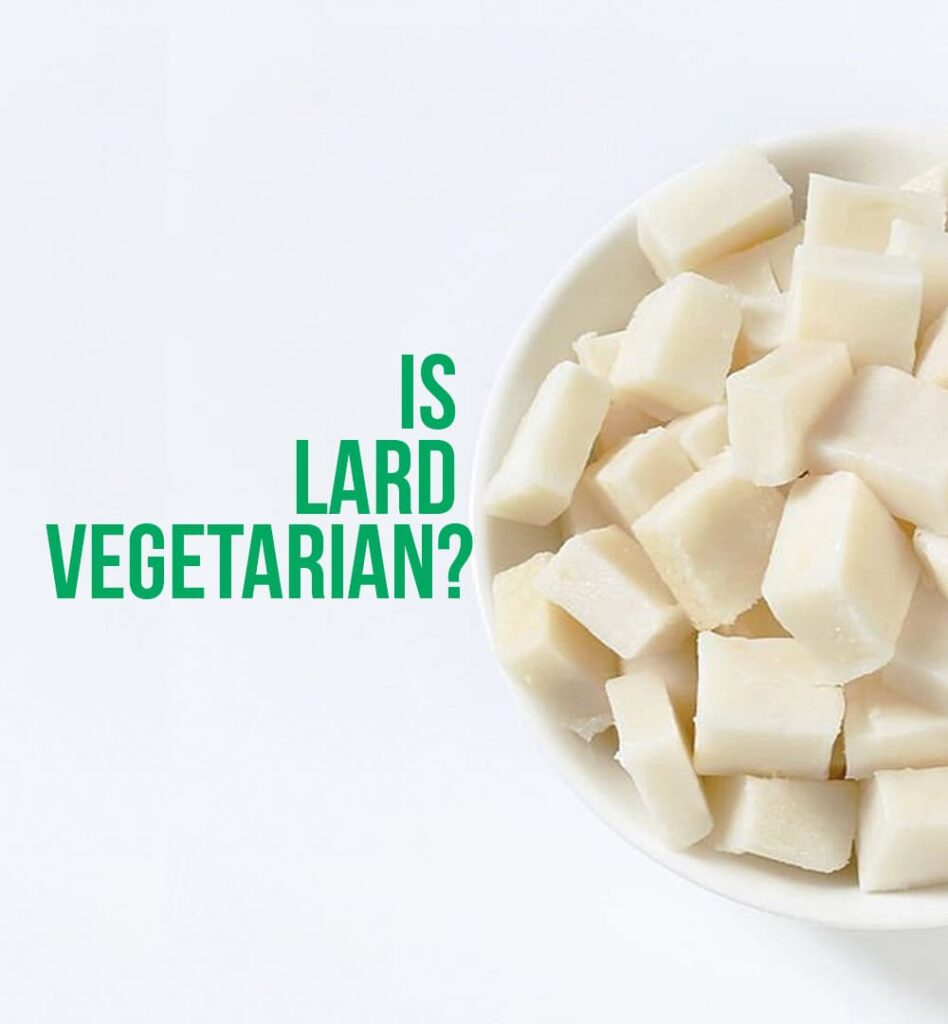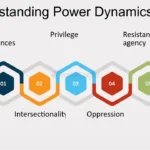The world of food choices can be complex, especially when navigating dietary restrictions. One common question that arises is whether vegetarians consume lard. Lard, a rendered animal fat, is a staple in many traditional cuisines but raises ethical and dietary concerns for those following a vegetarian lifestyle. This article delves into the nature of lard, explores the principles of vegetarianism, and explains why do vegetarians eat lard is unequivocally answered with “no.”
This article will first define lard and its culinary uses. Then, we’ll explore the core tenets of vegetarianism and how it relates to animal product consumption. Finally, we’ll examine the reasons behind a vegetarian’s avoidance of lard and highlight the abundance of plant-based alternatives available.
What is Lard?
Lard is a type of fat derived from pigs, specifically rendered from their fatty tissues. It has been used for centuries as a cooking medium due to its high smoke point, making it suitable for frying and baking. Lard possesses a distinct flavor profile often described as rich, savory, and slightly sweet. Its texture can range from solid at room temperature to semi-solid, depending on the rendering process and storage conditions.
Historically, lard played a significant role in various culinary traditions worldwide. It was used in pastries, bread, and even soap making. While its popularity has declined in recent decades due to health concerns and the rise of alternative fats, lard remains a common ingredient in some cuisines, particularly those with strong European influences.
Vegetarianism and Animal Products

Vegetarianism is a dietary philosophy that excludes the consumption of animal flesh, including meat, poultry, fish, and seafood. There are various types of vegetarian diets, each with its own set of guidelines.
Lacto-ovo vegetarians consume dairy products and eggs in addition to plant-based foods. Lacto vegetarians include dairy but exclude eggs, while ovo vegetarians consume eggs but not dairy. Vegans, the most restrictive form of vegetarianism, abstain from all animal products, including honey, gelatin, and certain processed foods that may contain animal derivatives.
The motivations for adopting a vegetarian lifestyle are diverse, encompassing ethical concerns about animal welfare, environmental sustainability, personal health considerations, and religious beliefs.
Why Vegetarians Avoid Lard
Can vegetarians eat lard? The answer is a resounding no. Lard is a rendered animal fat, making it a direct product of animal slaughter. This directly contradicts the fundamental principle of vegetarianism, which seeks to minimize or eliminate harm to animals.
Vegetarians choose to abstain from all animal products, including those derived from byproducts like lard. They believe that consuming animal fats contributes to the demand for animal agriculture, which often involves practices that raise ethical concerns about animal treatment and living conditions.
Plant-Based Diets

Fortunately, there are numerous delicious and nutritious plant-based alternatives to lard available. These include:
- Vegetable Oils: Canola oil, olive oil, avocado oil, and coconut oil are popular choices for cooking and baking. Each offers a unique flavor profile and nutritional benefits.
Nut Butters: Almond butter, peanut butter, and cashew butter can add richness and flavor to dishes while providing healthy fats and protein.
Vegan Shortening: Several brands offer vegan-friendly shortenings made from plant-based ingredients like coconut oil or palm oil. These are suitable for baking and frying.
Conclusion
Lard, a rendered animal fat, is strictly off-limits for vegetarians who adhere to a plant-based lifestyle. The consumption of lard directly contradicts the core principles of vegetarianism, which aim to minimize harm to animals. Fortunately, there are numerous delicious and nutritious plant-based alternatives available that can be used in cooking and baking, allowing vegetarians to enjoy flavorful and satisfying meals without compromising their ethical beliefs.



